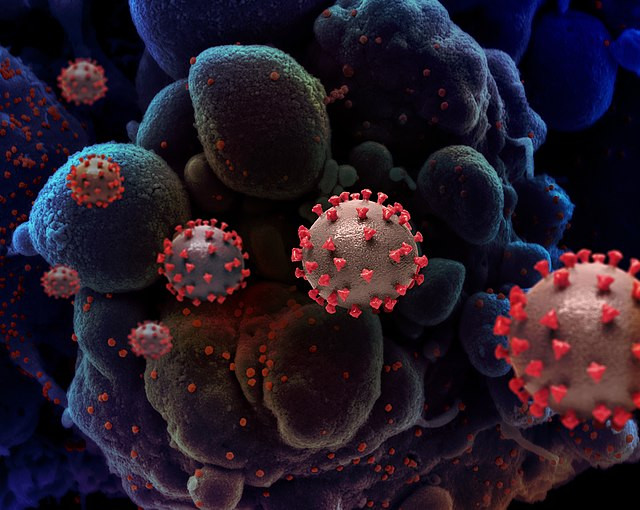A Republican-led congressional panel has concluded that the COVID-19 pandemic likely originated from a laboratory accident at the Wuhan Institute of Virology (WIV) in China, reigniting the contentious debate over the virus's origins. After a two-year investigation, the House Select Subcommittee on the Coronavirus Pandemic released a 520-page report on Monday, asserting that "the weight of the evidence increasingly supports the lab-leak hypothesis."
The report detailed several findings, including alleged lapses in biosafety at the Wuhan lab and potential U.S. funding of gain-of-function research-experiments that enhance viruses to better understand their potential risks. Representative Brad Wenstrup, the Republican chairman of the subcommittee, wrote in a letter accompanying the report that the work would help prepare for and potentially prevent future pandemics.
"The possibility that COVID-19 emerged because of a laboratory or research-related accident is not a conspiracy theory," Wenstrup wrote, underscoring the report's main conclusion. The document cited evidence, including a State Department fact sheet, which suggested that WIV researchers had fallen ill with COVID-like symptoms in late 2019, before the virus was officially identified.
The report also highlighted a 2018 grant proposal from the WIV and its partner EcoHealth Alliance to create a virus with characteristics similar to SARS-CoV-2, the pathogen responsible for COVID-19. It further noted the absence of key evidence that would support the theory of a zoonotic origin-such as infected animals in the Wuhan wet market-while pointing to the lab's history of secretive projects with China's military.
The findings align with earlier assessments by U.S. federal agencies, including the Department of Energy, which concluded with "low confidence" in 2022 that the virus likely emerged from a laboratory. Similarly, the FBI reported in 2021 with "moderate confidence" that a lab accident was the most plausible origin.
The investigation also delved into the actions of Dr. Anthony Fauci, the immunologist who became the face of the U.S. pandemic response. Fauci, who retired in 2022 after a decades-long career at the National Institutes of Health, faced accusations from some Republicans of suppressing the lab-leak theory and funding risky research in China.
During a public hearing in June, Fauci dismissed allegations of a deliberate cover-up. "I've been very clear that I don't think the concept of there being a lab [leak] is inherently a conspiracy theory," Fauci said. He also emphasized that it would have been "molecularly impossible" for the bat viruses studied at WIV to evolve into SARS-CoV-2.
The report has sparked fierce debate, with critics accusing the subcommittee of politicizing the pandemic's origins. While some scientists and international bodies, including the World Health Organization (WHO), continue to support the zoonotic origin theory, others argue that the lack of transparency from China fuels suspicions about a potential lab accident.
The Wuhan lab-leak theory gained traction in 2021 after reports emerged that three WIV researchers sought hospital treatment for flu-like symptoms in November 2019. However, Chinese authorities have consistently denied the allegations, labeling them as politically motivated.
The subcommittee also evaluated the U.S. government's pandemic response, praising the Trump administration's Operation Warp Speed for expediting vaccine development but criticizing lockdowns and mask mandates. It found that lockdowns "did more harm than good" and that mask requirements were "ineffective at controlling the spread of COVID-19."
The White House has yet to comment on the report. Meanwhile, the debate over COVID-19's origins underscores the broader challenges of balancing scientific inquiry with political accountability in the wake of a global crisis.





